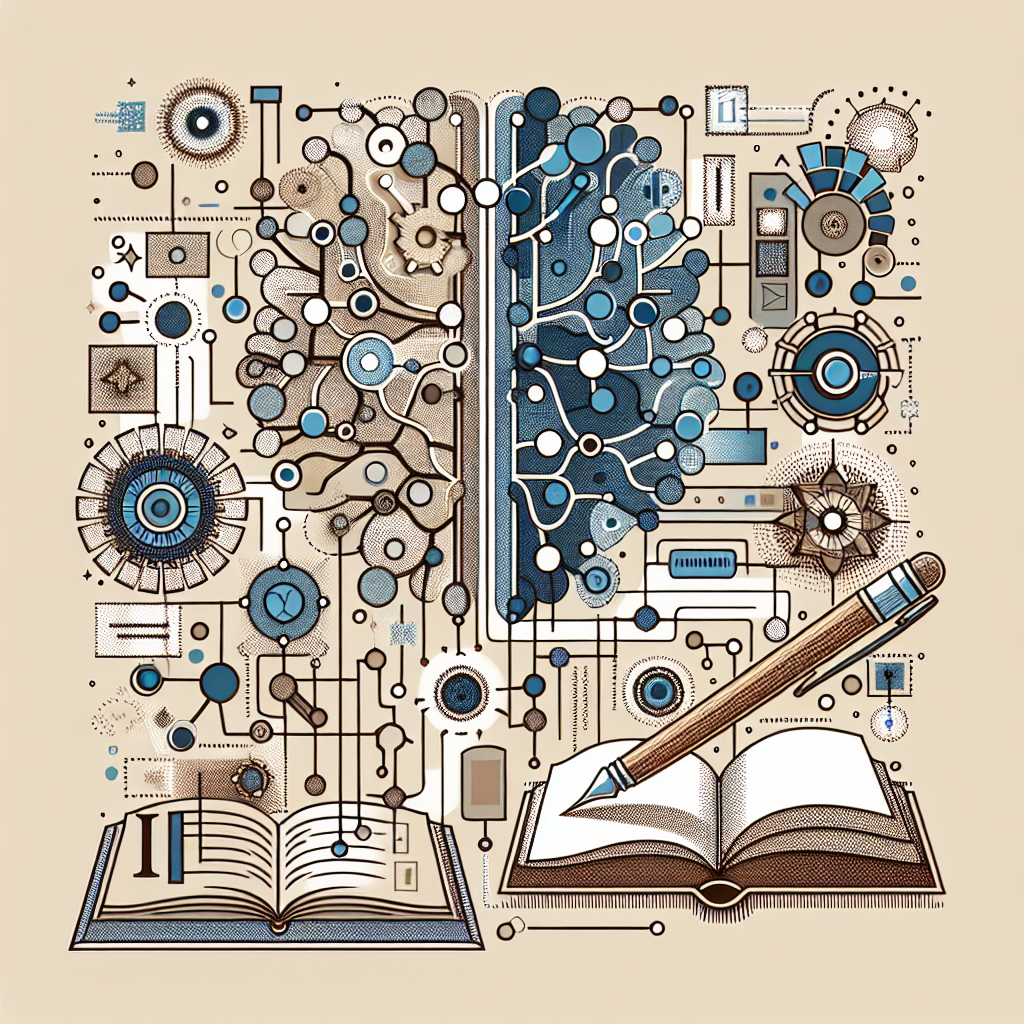In recent years, artificial intelligence (AI) has been making a significant impact on various industries, including the entertainment and media sectors. One area where AI is particularly gaining traction is in storytelling, where it is being used to create interactive narratives for audiences. This innovative approach to storytelling has the potential to revolutionize the way we consume and engage with stories, offering a more personalized and immersive experience for viewers.
AI in storytelling involves using machine learning algorithms to analyze data and generate narratives that are dynamic and responsive to user input. This allows for a more engaging and interactive experience, where viewers can make choices that affect the outcome of the story. By harnessing the power of AI, storytellers can create personalized narratives that cater to the preferences and interests of individual viewers, leading to a more immersive and engaging storytelling experience.
One of the key benefits of using AI in storytelling is the ability to create more personalized and immersive narratives for audiences. By analyzing data on viewer preferences and behavior, AI algorithms can generate stories that are tailored to the individual viewer, creating a more engaging and immersive experience. This level of personalization can lead to increased viewer engagement and retention, as audiences feel more connected to the story and invested in its outcome.
Another advantage of using AI in storytelling is the ability to create dynamic and responsive narratives that adapt to user input. By allowing viewers to make choices that affect the outcome of the story, AI-powered narratives can create a more interactive and engaging experience for audiences. This level of interactivity can lead to increased viewer engagement and retention, as audiences feel more involved in the storytelling process and invested in the outcome of the story.
AI can also help storytellers to overcome creative constraints and generate new and innovative story ideas. By analyzing data on trends and patterns in storytelling, AI algorithms can generate fresh and original story concepts that may not have been possible through traditional methods. This can help storytellers to break out of creative ruts and explore new storytelling possibilities, leading to more innovative and compelling narratives for audiences.
Overall, AI has the potential to revolutionize the way we consume and engage with stories, offering a more personalized, interactive, and immersive experience for audiences. By harnessing the power of AI, storytellers can create dynamic and responsive narratives that cater to the preferences and interests of individual viewers, leading to a more engaging and compelling storytelling experience.
FAQs:
Q: How does AI in storytelling work?
A: AI in storytelling involves using machine learning algorithms to analyze data and generate narratives that are dynamic and responsive to user input. By analyzing data on viewer preferences and behavior, AI algorithms can create personalized narratives that cater to the individual viewer, leading to a more engaging and immersive storytelling experience.
Q: What are the benefits of using AI in storytelling?
A: Some of the key benefits of using AI in storytelling include creating more personalized and immersive narratives for audiences, generating dynamic and responsive narratives that adapt to user input, and overcoming creative constraints to generate new and innovative story ideas.
Q: How can AI help storytellers create more engaging narratives?
A: By analyzing data on viewer preferences and behavior, AI algorithms can help storytellers create personalized narratives that cater to the individual viewer, leading to a more engaging and immersive storytelling experience. Additionally, AI can help storytellers generate fresh and original story concepts that may not have been possible through traditional methods, leading to more innovative and compelling narratives for audiences.
Q: What are some examples of AI-powered storytelling?
A: Some examples of AI-powered storytelling include interactive storytelling experiences, where viewers can make choices that affect the outcome of the story, and personalized storytelling experiences, where AI algorithms generate narratives tailored to the individual viewer. Additionally, AI can be used to create dynamic and responsive narratives that adapt to user input, creating a more interactive and engaging storytelling experience for audiences.

